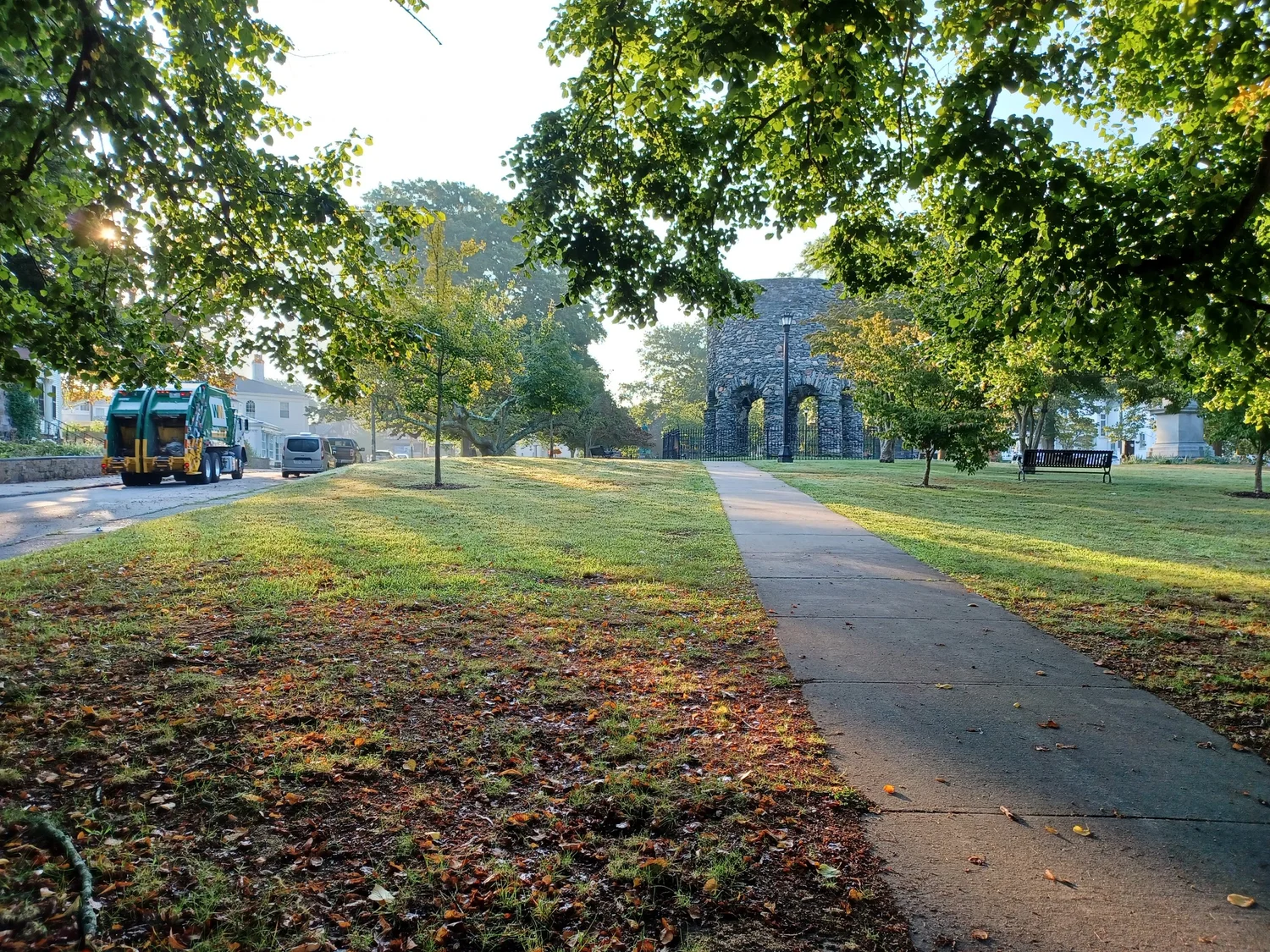IT can be paralyzing to hear that adults have been pouring carbon into the atmosphere for more than a century, leaving today’s young people to deal with the consequences of a massive uncontrolled chemistry experiment. If you ask a teenager:
“So all the adults in power decided to roll the dice on the ecosystem, and so, um, what should we do to stop the consequences?”
then you are supporting her worst fears about adult fecklessness. Or sociopathy.
The accurate message is this:
“People have always tended to confirm what they already believe and resist confusing data, yet people can overcome these limits with enough proper cues in their day-to-day lives. And with enough leadership.”
So I start by laying out the limits in human psychology- we tend to confirm what we already think, we fear losing what we already have, we obey authority, and we tend to bounce back more readily than we might expect. Once teens hear this depiction, it becomes familiar. Once they hear that adults just didn’t know to query what industrialism would cause, they feel a little bolder about what to do next.
Then we discuss climate science. We establish that climate change departs from other ecological problems in its scale and feedback loops. We cannot stop it and we cannot know unless we keep and keep gaining data how it will grow. This is liberating.
It’s liberating because it establishes climate change as a constraint. It will affect you whether or not you care about ecological issues, it will change the physical world you know, but it will not cancel the other forces that drive society. We can’t stop climate change; climate change is extremely unlikely to stop humanity more or less as we know it, but it will make social stability more challenging.
And so you will still be here. You have the chance to know more about how your life and public places will change. But you, with your cognitive limits, have to figure out how to get along with everyone else and their cognitive limits. Now here’s the good news. People can behave more sociably, charitably and patiently with certain cues from leaders…and from the physical space around us.
Now students assume roles, which I articulate on index cards, in a real or hypothetical urban problem at a specific place. They have to figure out how to improve flood-readiness and withstand heat waves amid competing claims for affordable housing, manageable taxes, free markets, transportation, and the whole urban mess. They write each other memos (which I edit to help them build writing skill) and make a presentation to an expert jury.
Of the dozens of students I’ve taught in this module, all began with the idea that climate change amounted to a curse beyond their control and that the only way to make life better as it descended was to rely on outside deliverance. (“Call Obama!” was the shorthand in one Queens high school.) And all ended with collaborative plans for doable changes to real places, such as a campaign to compost cafeteria waste and grow food on a school roof. All these plans foster green space, local food production and social connection – just what we know will enhance resilience, adaptation and general public health in any climate.
